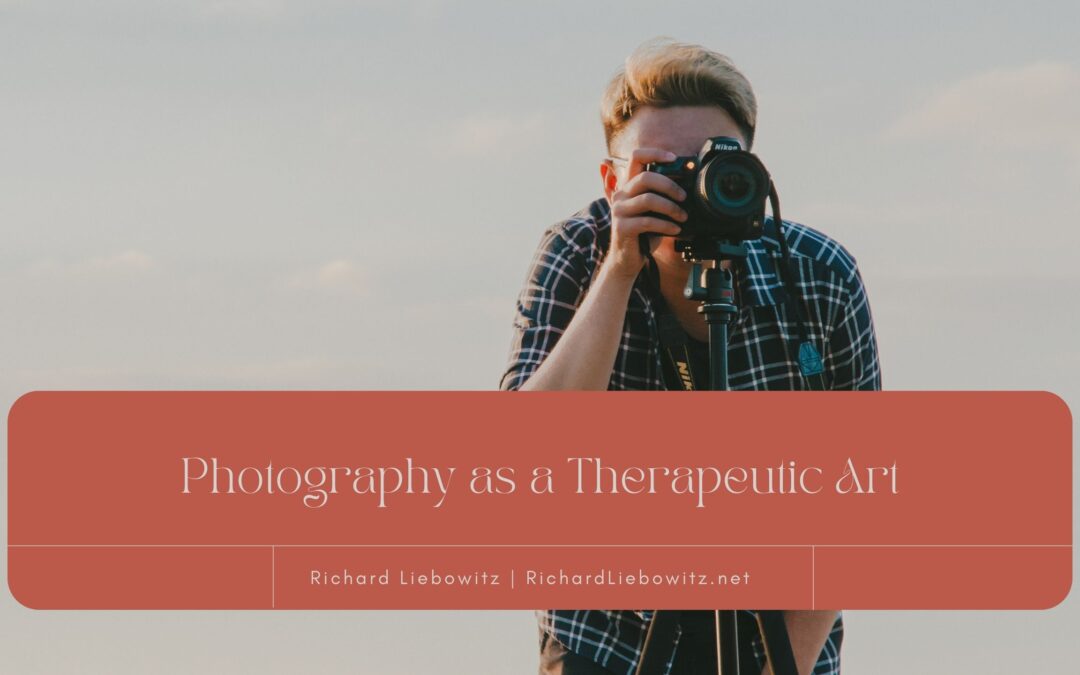In a fast-paced world inundated with stressors, people are increasingly turning to unconventional forms of therapy to find solace and healing. One such form gaining prominence is the art of photography. Beyond its aesthetic appeal, photography has proven to be a powerful tool for self-expression, mindfulness, and therapeutic exploration.
1. The Power of Visual Expression
Photography is a language without words, a means of expression transcending traditional communication. Individuals can convey complex emotions, thoughts, and experiences through the lens of a visual narrative. This ability to externalize internal feelings can be profoundly cathartic, providing a therapeutic outlet for those who may find it challenging to express themselves verbally.
As individuals engage with the creative process of composing and capturing images, they tap into a reservoir of emotions. Photography allows them to explore and make sense of their inner world, capturing moments that encapsulate joy, sorrow, resilience, and everything in between.
2. Mindfulness in the Moment
Photography demands a heightened awareness, prompting individuals to be present. Whether framing a shot, adjusting settings, or waiting for the perfect lighting, taking a photograph necessitates mindfulness. This mindfulness cultivates an acute awareness of one’s surroundings, fostering a deep connection with the present moment.
As a form of mindfulness, photography can be particularly beneficial for individuals dealing with anxiety or stress. Focusing on composition, lighting, and subject matter redirects the mind away from intrusive thoughts, providing a temporary respite and an opportunity to recenter.
3. Creating Personal Narratives
Photography offers a unique platform for individuals to construct and control their narratives. Through a carefully curated collection of images, individuals can tell their stories, emphasizing aspects of their lives that bring them joy, strength, or resilience. This storytelling process through visual elements can empower individuals to reclaim their narratives and redefine their experiences.
For those grappling with trauma or emotional challenges, photography can serve as a therapeutic tool for reframing and processing difficult memories. By capturing and revisiting these moments through a lens, individuals gain a sense of agency over their narratives, transforming pain into a source of creative expression and healing.
4. Connection through Community
Digital platforms and social media have transformed photography into a communal experience. Through photo-sharing platforms, individuals can connect with like-minded photographers, share their work, and engage in a supportive online community. This sense of belonging and shared passion can benefit individuals facing isolation or loneliness.
Photography groups and workshops on therapeutic exploration allow individuals to share their stories, learn from others, and receive constructive feedback. The sense of community built around a common interest in photography enhances the art form’s therapeutic aspects, fostering connections beyond the pixels on a screen.
5. Finding Beauty in the Everyday
Photography encourages individuals to see the world through a different lens. In the quest for compelling shots, individuals often develop an appreciation for the beauty in the ordinary. This shift in perspective can be transformative, as it encourages individuals to find joy and inspiration in the seemingly mundane aspects of life.
For those grappling with mental health challenges, this newfound appreciation for everyday beauty can be a powerful coping mechanism. Photography becomes a tool for reframing one’s outlook, helping individuals focus on the positive and discover beauty in unexpected places.
As a therapeutic art form, photography has the remarkable ability to heal, inspire, and empower. Through visual expression, mindfulness, storytelling, community, and an appreciation for the ordinary, individuals can navigate the complexities of their emotions and find solace in the creative process. As we continue to explore the multifaceted benefits of photography, it becomes evident that the art of capturing moments extends far beyond aesthetics—it’s a journey toward self-discovery, resilience, and healing. So, pick up a camera, frame your world, and let the therapeutic journey through photography unfold.

